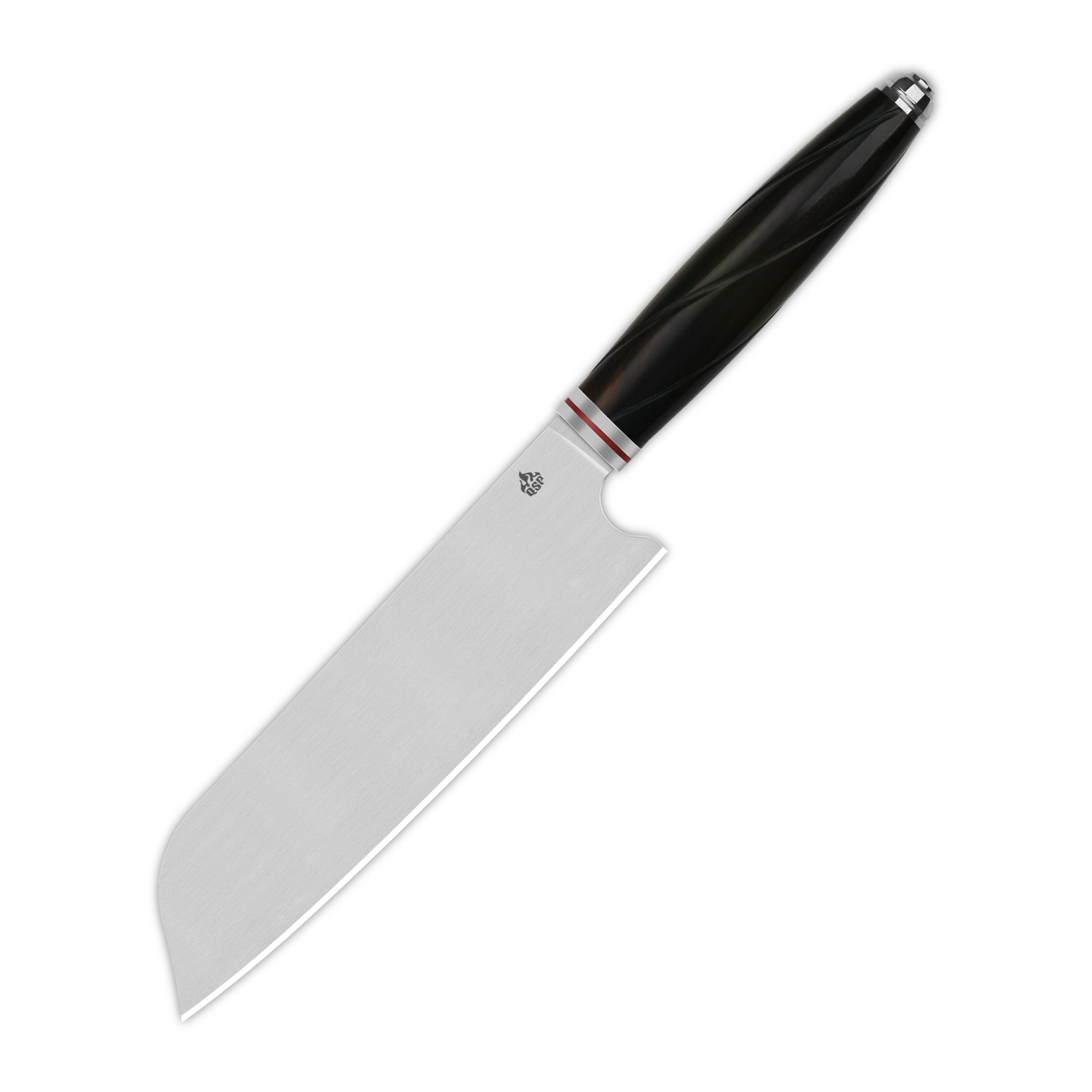When it comes to equipping your kitchen with the right tools, a paring knife is an essential item that no home cook should be without. Whether you're peeling fruits, deveining shrimp, or performing intricate tasks, having a high-quality paring knife can make all the difference in your culinary experience. In this comprehensive guide, we will explore everything you need to know about selecting the best paring knife for your kitchen.

Understanding the Importance of a Paring Knife
A paring knife is a small but mighty tool that is designed for precision cutting and intricate tasks. Its short blade and pointed tip make it perfect for peeling, trimming, and slicing small fruits and vegetables with ease. Unlike larger knives, a paring knife offers better control and maneuverability, allowing you to work with delicate ingredients effortlessly.
Key Factors to Consider When Choosing a Paring Knife
When selecting the best paring knife for your kitchen, there are several important factors to keep in mind. The blade material, handle design, blade length, and overall quality of the knife are all crucial considerations that can impact your cooking experience. It's essential to choose a paring knife that feels comfortable in your hand and suits your cutting style.
Blade Material
The blade material of a paring knife plays a significant role in its performance and durability. High-carbon stainless steel is a popular choice for paring knives due to its sharpness and resistance to rust and corrosion. Ceramic blades are another option known for their lightweight and sharp cutting edge, although they may be more prone to chipping.
Handle Design
The handle of a paring knife should be comfortable to grip and provide adequate control during use. Look for a handle that is ergonomically designed and made from a non-slip material to prevent accidents in the kitchen. Some handles are also designed with a bolster for added balance and stability while cutting.
Blade Length
Paring knives typically have a blade length ranging from 2.5 to 4 inches, with shorter blades offering more precision for intricate tasks. Consider the types of ingredients you will be working with most frequently to determine the ideal blade length for your needs. A shorter blade is ideal for peeling and coring, while a slightly longer blade may be better for slicing and trimming.
Final Thoughts on Choosing the Best Paring Knife
Investing in a high-quality paring knife is a decision that can elevate your cooking experience and make meal preparation more enjoyable. By considering factors such as blade material, handle design, and blade length, you can select a paring knife that meets your specific needs and preferences. Remember to keep your paring knife sharp and well-maintained to ensure optimal performance in the kitchen.








